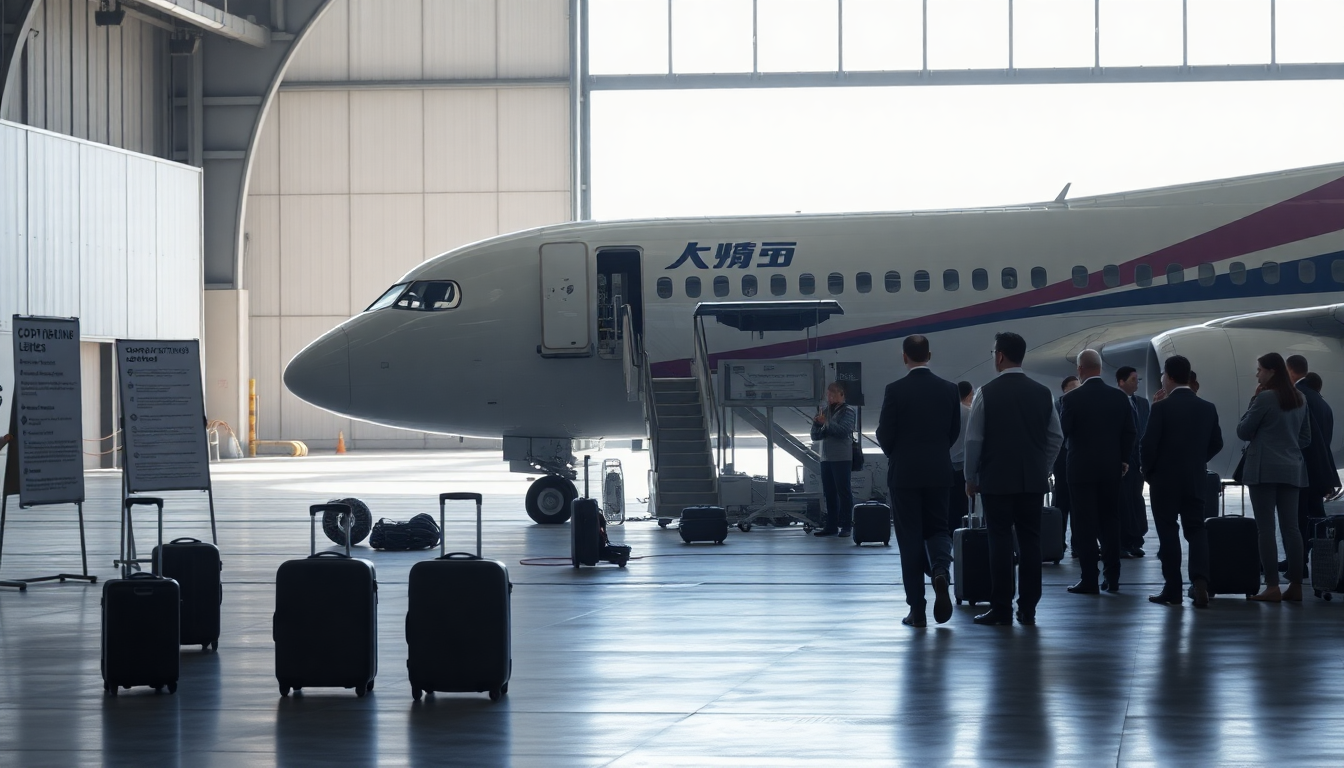Table of Contents
In a concerning turn of events that’s caught the attention of many, a Japanese airline is now facing a government inquiry after a pilot admitted to drinking alcohol the day before a scheduled flight. This revelation not only raises serious safety concerns but has also led to flight delays, impacting hundreds of travelers.
It’s a stark reminder of how crucial it is to stick to safety protocols in aviation.
Incident Overview
On a Thursday morning, the captain of a flight from Honolulu to Chubu Centrair International Airport in Japan reported feeling unwell, triggering immediate alarm.
Upon further investigation, it came to light that the captain had consumed alcohol the day before while staying at a hotel. This alarming news forced Japan Airlines (JAL) to scramble for a replacement pilot at the last minute, but the fallout was significant—resulting in delays not just for this flight but also for two others headed for Tokyo’s Haneda Airport.
In total, around 630 passengers found their travel plans disrupted.
The Ministry of Land, Infrastructure, Transport and Tourism wasted no time in launching an investigation at the airline’s Tokyo headquarters. This inquiry is part of a broader push to ensure compliance with safety regulations and to address any lapses in the airline’s operational procedures.
Incidents like this not only throw a wrench in travel plans but also raise serious questions about the safety measures in place to protect passengers.
Previous Concerns and Regulatory Actions
Unfortunately, this isn’t the first time Japan Airlines has been in the spotlight for such issues.
Back in December, the airline received a business improvement order due to alcohol-related incidents involving its employees. The recurrence of these issues raises eyebrows about how effective the measures put in place by the airline have been to prevent similar situations.
There’s a clear need for a thorough review of policies regarding employee conduct, especially for those in roles that directly impact passenger safety.
As this investigation unfolds, everyone in the airline industry and regulatory bodies will be watching closely. It’s essential for airlines to cultivate a culture of accountability and ensure that all personnel uphold the highest standards of professionalism. The implications of this incident could stretch beyond immediate operational difficulties, potentially impacting the airline’s reputation and the trust passengers place in it.
Potential Consequences and Future Implications
The consequences of this incident could lead to stricter regulations and oversight not just within Japan Airlines, but across the entire aviation sector in the country. Passengers expect a safe and reliable travel experience, and any compromise in this area can have lasting effects on public trust in air travel.
Looking ahead, airlines need to prioritize comprehensive training programs that focus on alcohol consumption policies and employee well-being. The aviation industry must work diligently to reinforce safety protocols, ensuring that similar incidents don’t occur in the future and reassuring the traveling public of their commitment to safety.
As investigations proceed, it’s vital to get to the root causes of these issues, making sure that passenger safety remains the top priority in airline operations. The aviation community must take lessons from this incident to create an environment where safety is non-negotiable.





